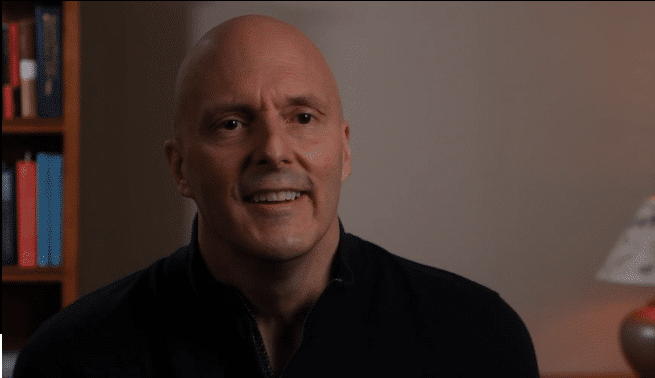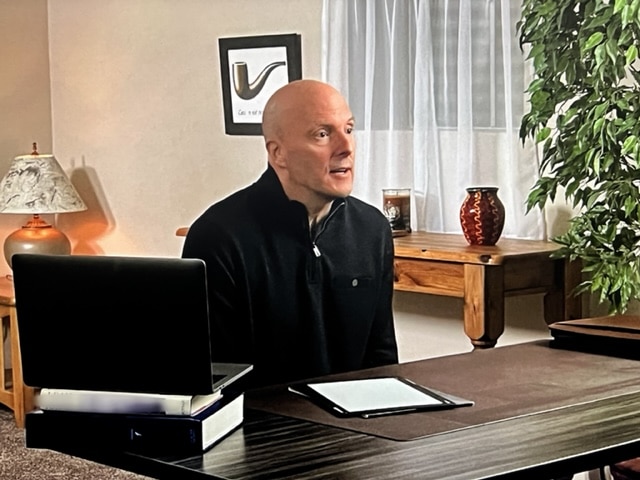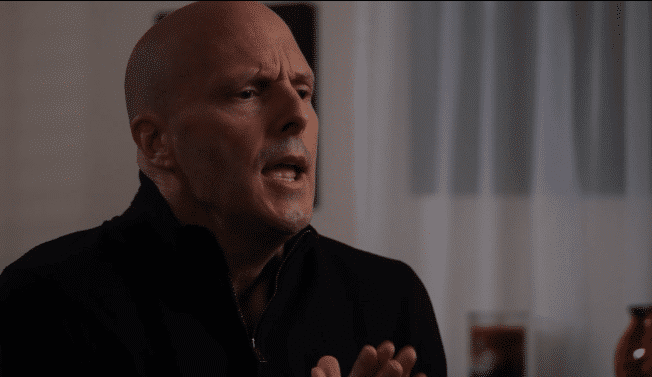Teachers are some of our world’s most undervalued heroes. Their heroism is not self-serving; they work to bring out the inner heroes of entire generations. This is why we wanted to spotlight Dan O’Rourke, a Chicago-based English teacher who believes in language’s power to influence our beliefs. He trains his students to argue respectfully, to consider the perspectives of their opponents.
Before we delve into Dan’s philosophies, let’s take a look at the background that influenced them.
Note: In this recap, you’ll hear Dan speak extensively on rhetoric. For reference, rhetoric is the study of the technique and rules for using language effectively to please or persuade.
Dan’s Background
Dan didn’t have what you’d call an idyllic childhood. The youngest of seven children, he was born in northern Michigan to hard-working parents. All seemed to be going well for Dan’s family until tragedy struck.
When Dan was four, his father and mother suffered a horrific car accident at the hands of a drunk driver. His father was unfortunately killed, and his mother was left permanently disabled. Without the support of his father’s job, his family quickly slipped into poverty.

Dan viewed academic excellence as his ticket to a better living situation. And his hard work paid off. Dan was admitted to Villanova College, a private Catholic college that was included among the top National Universities in U.S. News & World Report’s 2021 “Best Colleges” rankings. He initially majored in liberal arts and minored in philosophy, though he soon realized that English was his true love. He graduated as an English major.
Dan on Argument vs. Rhetoric
Dan is a huge proponent for arguing respectfully. This is something that he drills into his students.
“We should always be heroic enough to try to hone our beliefs and learn more,” he says.
“We need to understand argument as a way to learn. Many of us misunderstand argument as something that needs to be won. We don’t argue to win. We argue to learn. I don’t know everything, so I want to open up my knowledge with a proposition, and I want to rub it up against someone else’s proposition that they have learned through their experience.”

He then speaks extensively on the difference between argument and rhetoric. “The purpose of argument is to arrive at the truth. The purpose of rhetoric is to persuade. Hopefully those can be in alignment.”
In layman’s terms, argument relies on logic, and rhetoric relies on emotion, both of which are important when appealing a case. However, Dan warns against the overreliance on rhetoric, as there are times in which emotion trumps reason. In order to make a compelling case, it is good to have a balance of the two.
Dan on Heroism
Dan believes in everyone’s potential for heroism: “All of us have the capability to be everyday heroes, to inspire others, and to relieve others from their suffering,” he says. His personal hero is his mother, who raised him and his seven siblings, all while learning to walk and talk again following her accident.

Conclusion
It took Dan a long time to get to where he is. Growing up impoverished, it was easy for him to think that others didn’t suffer in the way his family did. However, he now realizes the suffering of others. And while he can never completely fix it, through teaching his students to learn from others’ perspectives, he makes the world incrementally better each day.